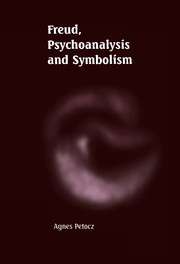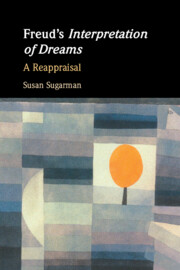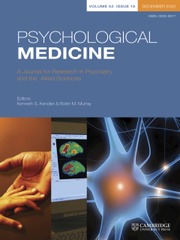Freud, Psychoanalysis and Symbolism
Freud, Psychoanalysis and Symbolism offers an innovative general theory of symbolism, derived from Freud's psychoanalytic theory and relocated within mainstream scientific psychology. This is a systematic investigation of the development of Freud's treatment of symbolism throughout his published works, and it discovers in those writings a broad theory that is far superior to the narrow but widely accepted "official" view. Agnes Petocz argues that the treatment of symbolism must begin with the identification and clarification of a set of logical constraints and psychological requirements that any general theory of symbolism must respect, and that these requirements have been neglected. Her newly proposed "Freudian broad" theory of symbolism, by contrast, does meet these requirements.
- First systematic review of development of Freud's ideas about symbolism
- New integrated theory of symbolism and radical reconceptualisation of the concept of the unconscious
- Argues that any general theory of symbolism must be a psychological theory
Reviews & endorsements
"...Petocz has written a major work of scholarship, one that should be in every strong psychoanalytic collection." Choice
"Petocz's book is a unique and ambitious endeavor." Angelina Baydale, University of Calgary
Product details
September 1999Hardback
9780521591522
298 pages
229 × 152 × 21 mm
0.61kg
Available
Table of Contents
- Introduction
- Part I. Exegesis and Extraction:
- 1. From disorder towards the focus of inquiry
- 2. The 'Freudian narrow' theory of symbolism
- 3. The 'symbol' in Freud's early writings (1893–9)
- 4. Continuation and elaboration (1900–13)
- 5. The 'core years' for the Freudian Narrow theory (1914–17)
- 6. The treatment of symbolism in Freud's later writings (1918–40)
- Part II. Consolidation and Defence:
- 7. The problem of the 'system unconscious'
- 8. The problem of language
- 9. Ernest Jones's contribution
- 10. The 'Freudian Broad' theory of symbolism
- 11. Symbolism: logical constraints and psychological requirements
- Epilogue.









